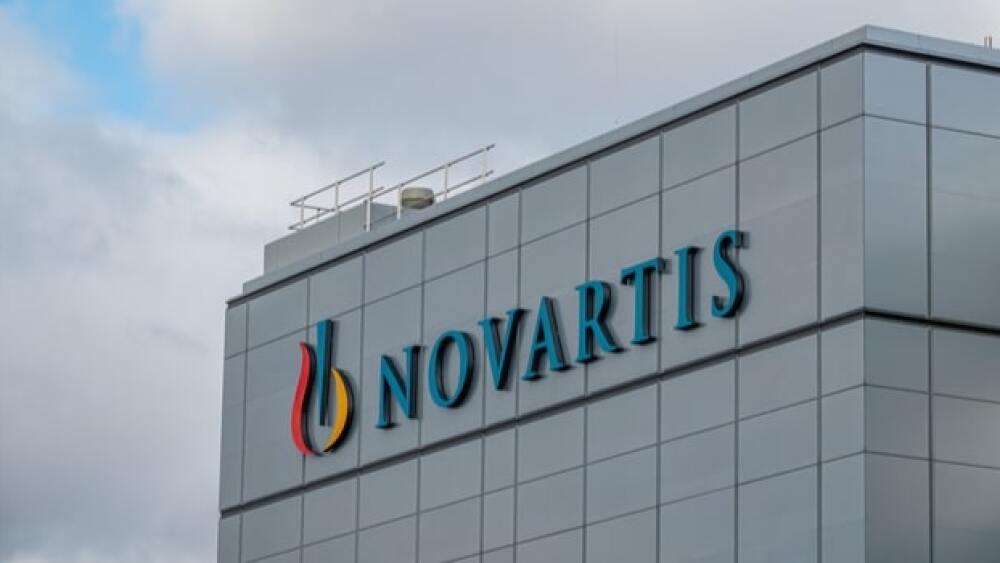The Foundation will offer funding for development of the therapy.
Taljat David/Shutterstock
Novartis and the Bill & Melinda Gates Foundation have partnered on a single-dose, in vivo gene therapy for sickle cell disease (SCD). The Foundation will offer funding for development of the therapy.
“Existing gene therapy approaches to sickle cell disease are difficult to deliver at scale and there are obstacles to reaching the vast majority of those affected by this debilitating disease,” said Jay Bradner, a hematologist and president of the Novartis Institutes for BioMedical Research (NIBR). “This is a challenge that calls for collective action, and we are thrilled to have the support of the Bill & Melinda Gates Foundation in addressing this global unmet medical need.”
The announcement comes only a day after bluebird bio announced that it has placed its Phase I/II and Phase III trial of LentiGlobin gene therapy for sickle cell disease (SCD) on temporary suspension. The cause is a Suspected Unexpected Serious Adverse Reaction (SUSAR) of acute myeloid leukemia (AML).
HGB-206 is the company’s ongoing Phase I/II trial of LentiGlobin for SCD. It includes three cohorts, A, B and C. In Group C, a refined manufacturing process designed to increase vector copy number was used.
Group C also received LentiGlobin for SCD manufactured from hematopoietic (blood) stem cells (HSCs) collected from peripheral blood after mobilization with plerixafor, instead of by way of bone marrow harvest, which was the method used in Groups A and B.
HGB-210 is their ongoing Phase III single-arm open-label trial. It is evaluating efficacy and safety of LentiGlobin for SCD in patients between two years and 50 years of age with sickle cell disease.
Which underlines that even though gene therapy is making headway, it is still a cutting-edge technology.
SCD is a hereditary blood disease that affects millions of people globally, with more than 300,000 born with it each year. It primarily affects people of African descent, and sub-Saharan Africa bears about 80% of the disease burden. It affects the structure of red blood cells, causing a distinct sickle shape, which decreases the ability of red blood cells to transport oxygen efficiently.
“Gene therapies might help end the threat of diseases like sickle cell, but only if we can make them far more affordable and practical for low-resource settings,” said Trevor Mundel, president of Global Health at the Gates Foundation. “What’s exciting about this project is that it brings ambitious science to bear on that challenge. It’s about treating the needs of people in lower-income countries as a driver of scientific and medical progress, not an afterthought. It also holds the promise of applying lessons learned to help develop potentially curative options for other debilitating diseases affecting low-income populations, such as HIV.”
Novartis also announced today that the U.S. Food and Drug Administration (FDA) approved the expanded indication for Entresto (sacubitril/valsartan) to decrease the risk of cardiovascular death and hospitalization for heart failure in adults with chronic heart failure. The biggest benefit was for patients with left ventricular ejection fraction (LVEF) below normal.
The expansion was based on data in the PARAGON-HF Phase III trial.
“This approval is a significant advancement, providing a treatment to many patients who were not eligible for treatment before because their ejection fraction was above the region we normally considered reduced,” said Scott Solomon, professor of Medicine at Harvard Medical School and Brigham and Women’s Hospital, and PARAGON-HF Executive Committee co-chair. “We can now offer a treatment to a wider range of patients who have an LVEF below normal.”
Featured Jobs on BioSpace





